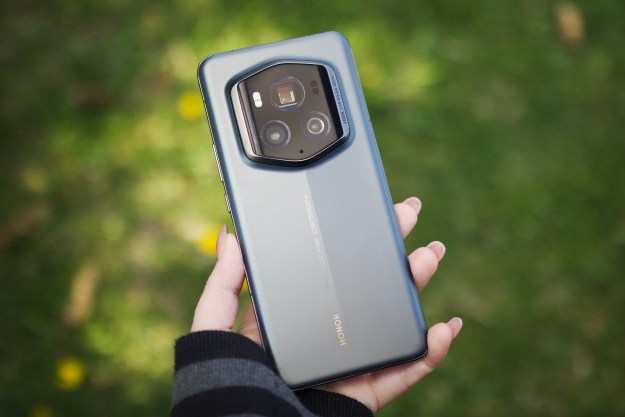
In 2013, the social network giant launched Graph Search, a semantic tool aimed at making searches a bit better, but it wasn’t quite exhaustive — Graph Search didn’t search public posts that hadn’t been shared with you, for example. But now, Facebook’s rolling out an entirely reimagined search that’s based less around the people you know and more around what people are saying.
On Thursday, Facebook announced that search queries will no longer be bound by your insular network — i.e., the people you know and the content that’s been shared with you. Instead, Facebook will index, in real time, the more than two trillion public posts and counting that span its massive network.
The ambitious aim, product manager for Facebook’s search team Roussea Kazi said, is to transform
Posts by news organizations will more often than not float to the top, followed by friends, topical issues, and geographically proximate communities — you’re more likely to see posts from people you know and users in your country than strangers from across the pond.
Search results are also personalized; the new Facebook search, like Google search, tailors results to your habits and interests. Unlike Google, though,
“We have to balance two things: how are the authors relevant to you and how is what they’re posting relevant to what you’re searching for,” vice president of Facebook search told The Verge. Every action you’ve taken on

The granularity of Facebook’s new search function is impressive. You can drill down by date; a search for “2011 Tōhoku earthquake and tsunami” yields chronologically appropriate posts and news stories, while changing the year to “2015” filters accordingly. And historical posts remain fully intact — you can even view comments. “The whole idea here is that if you can group these pieces of content in certain ways, it makes it pretty easy to get the full story,” Kazi told The Verge. “We’re making it super easy for you to get everyone’s [current or historical] perspective on one place about a topic that you care about.”
The new search is radically different from its previous incarnation. Graph Search relied essentially on a tagging system, prioritizing your social connections to help find specific categories of content such as photos of your friends, music your friends like, or restaurants nearby. Facebook’s new search, by contrast, is almost akin to Twitter’s recently introduced Moments feature. Boiled down, it’s an attempt to mold a firehose of social data into something cohesive, coherent and, all told, useful.
The new Facebook search, however, has privacy implications that Twitter Moments doesn’t. Though
But privacy, some may argue, may be an inevitable casualty of convenience. After all, Facebook’s only tapping into what many of its users want — according to the American Press Institute, 88 percent of millennials get news and information from
The new Facebook search is rolling out to users in English-speaking territories first. It’s launching on iOS, Android, and desktop over the next few days.
Editors' Recommendations
- Facebook Messenger finally starts testing end-to-end encryption for all chats
- Facebook’s Messenger and WhatsApp saw record usage on New Year’s Eve
- Facebook teaches us all how web privacy works with Messenger Kids
- New Facebook Messenger stickers will open conversations about mental health
- New Google Search feature will let you see life-size animals up close with AR


